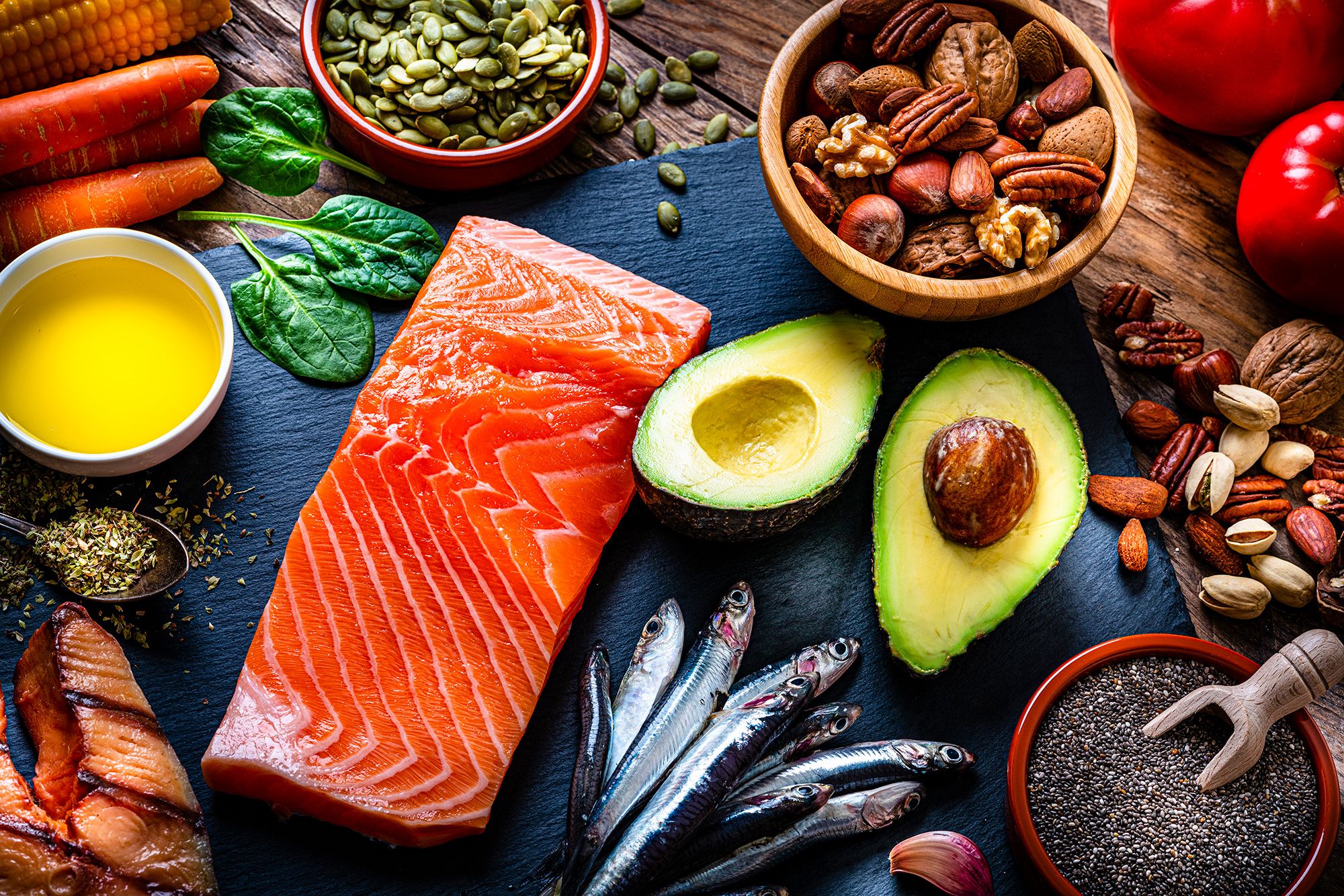Certain foods may disrupt your body’s fight against cancer cells, study says
A recent study highlights how your diet, particularly the balance of essential fatty acids, might influence your body’s ability to fight colon cancer. The focus is on omega-6 fatty acids, commonly found in ultraprocessed foods, which may disrupt the beneficial effects of omega-3 fatty acids.
Omega-6 vs. Omega-3: The Role of Fatty Acids
Omega-3 and omega-6 fatty acids are vital for health but must be consumed through food since the body cannot produce them. Omega-3s, found in fatty fish like salmon and plant sources like flaxseeds, help reduce inflammation and support immune function. Conversely, omega-6s, prevalent in vegetable oils and processed foods, can promote inflammation if consumed excessively.

The study, published in Gut, suggests that an overabundance of omega-6s might hinder omega-3’s tumor-fighting properties. This imbalance creates a chronic inflammatory environment, making it harder for the body to fight mutations that could lead to cancer, according to Dr. Timothy Yeatman of the University of South Florida.
The Connection Between Diet and Colorectal Cancer
Colorectal cancer, once primarily seen in older adults, is now rising alarmingly among people under 50. Poor dietary habits, including high consumption of ultraprocessed foods and insufficient omega-3 intake, could be contributing factors. A Western diet, rich in omega-6 fatty acids from seed oils used in fast and junk foods, further exacerbates this imbalance.
Dr. Ganesh Halade, a coauthor of the study, found a stark contrast between cancerous and normal tissue in terms of fatty acid behavior. Cancer tissues contained excessive omega-6 molecules, fueling inflammation, while normal tissues maintained a healthy balance.
Boosting Omega-3 to Regain Balance
To counteract the impact of omega-6, experts recommend increasing your intake of omega-3 fatty acids. Fatty fish like salmon, mackerel, and sardines are excellent sources, as are plant-based options like walnuts, chia seeds, and flaxseeds. The American Heart Association suggests consuming two servings of fatty fish weekly.

Can Supplements Help?
Fish oil supplements are another option, providing omega-3s in concentrated forms like EPA and DHA. However, they may cause side effects, such as digestive discomfort, and interact with certain medications due to their anticoagulant properties. Always consult a doctor before starting supplements to determine the right dosage for your health needs.
The Bottom Line
Your diet plays a critical role in maintaining the delicate balance of omega-3 and omega-6 fatty acids. By prioritizing omega-3-rich foods and limiting ultraprocessed items, you can support your body’s natural defense mechanisms and reduce inflammation, potentially lowering your risk of colorectal cancer.